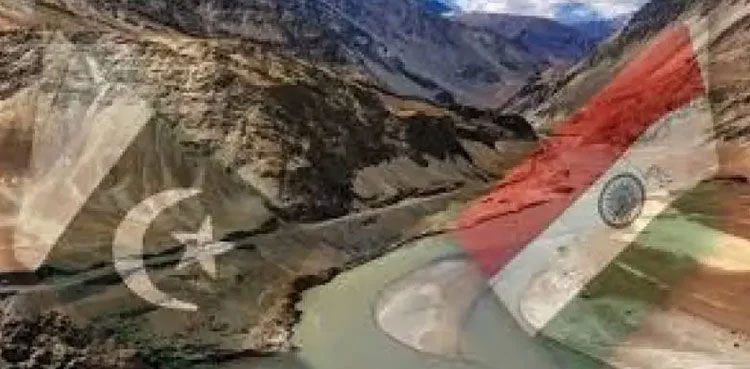International affairs magazine The Diplomat has warned that unilateral suspension of the Indus Waters Treaty (IWT) by India could backfire on New Delhi.
According to the publication report, India’s move to unilaterally disrupt the Indus Waters Treaty (IWT) could lead China to retaliate by restricting Brahmaputra waters—an essential resource that supplies 30% of India’s freshwater and contributes up to 44% of the country’s total hydropower potential.
The magazine further highlighted that China is already constructing several large dams on the Brahmaputra.
Such developments, coupled with India’s aggressive posture on the Indus Treaty, could intensify regional water tensions.
The warning from The Diplomat serves as a stark reminder that attempts to politicize water-sharing agreements could trigger broader regional instability, particularly when other major players like China are involved.
Read more: Indus Water Treaty cannot be suspended unilaterally: World Bank
The IWT gives Pakistan access to the Indus, Jhelum, and Chenab rivers.
These are enormous rivers and carry tens of billions of cubic meters of water between May and September, the months when ice melts and rivers on the Indus basin flow.
Currently, India has some upstream infrastructure on these rivers. However, none of the existing infrastructure base has the capacity to hold back water that enters Pakistan as part of the treaty.


Leave a Comment